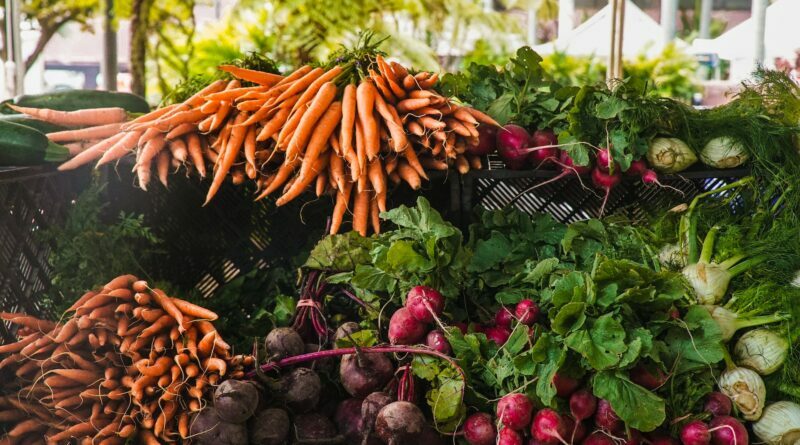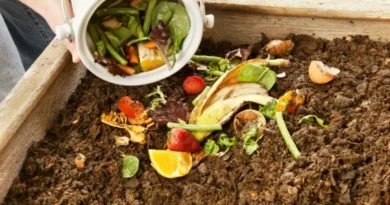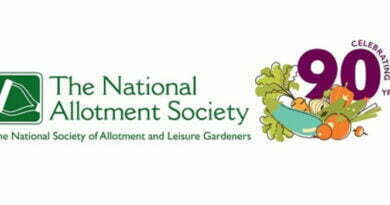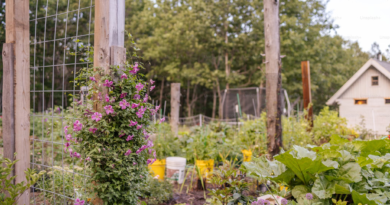Reducing Food Waste and Helping Your Community: Donating Excess Produce from Your Allotment to Food Banks and Shelters
One of the joys of having an allotment is being able to grow your own fruits and vegetables. However, if you have a particularly successful harvest, you may find yourself with more produce than you can eat or preserve. Rather than letting this excess go to waste, consider donating it to a local food bank or shelter.
Not only does donating excess produce help those in need, but it also reduces food waste and promotes sustainability. Here are some tips on how to donate your allotment’s bounty:
- Find a local organisation: Research food banks and shelters in your area that accept fresh produce donations. Contact them to find out if they have any specific needs or guidelines for accepting donations. Here are some food bank organizations you can consider:
- The Trussell Trust: This UK-wide charity supports a network of over 1,200 food bank centres across the country. They accept donations of non-perishable food items, as well as fresh produce. You can find your local food bank centre on their website.
- FareShare: This charity redistributes surplus food from supermarkets and other sources to charities and community groups across the UK. They accept donations of fresh produce from allotments and gardens, as well as from farmers and growers. You can find out more about donating to FareShare on their website.
- City Harvest: This London-based charity collects surplus food from retailers, wholesalers, and restaurants, and distributes it to community groups and charities across the city. They accept donations of fresh produce, as well as non-perishable food items. You can find out more about donating to City Harvest on their website.
- The Felix Project: The Felix Project is a London-based charity that collects surplus food from suppliers and redistributes it to charities and community groups across the city. They accept donations of fresh fruits and vegetables from individuals, growers, and allotment holders. You can find out more about donating to The Felix Project on their website.
- The People’s Fridge: The People’s Fridge is a community fridge in Brixton, London, that provides a place for individuals and businesses to share surplus food with those who need it. They accept donations of fresh fruits and vegetables, as well as other perishable and non-perishable food items. You can find out more about donating to The People’s Fridge on their website.
- FoodCycle: FoodCycle is a UK-wide charity that provides free meals to people at risk of food poverty and social isolation. They accept fresh produce donations from individuals, growers, and allotment holders, as well as non-perishable food items. You can find out more about donating to FoodCycle on their website.
- Foodbank Plus: Foodbank Plus is a charity that provides emergency food parcels to people in crisis in the Birmingham area. They accept fresh produce donations from individuals and organizations. You can find out more about donating to Foodbank Plus on their website.
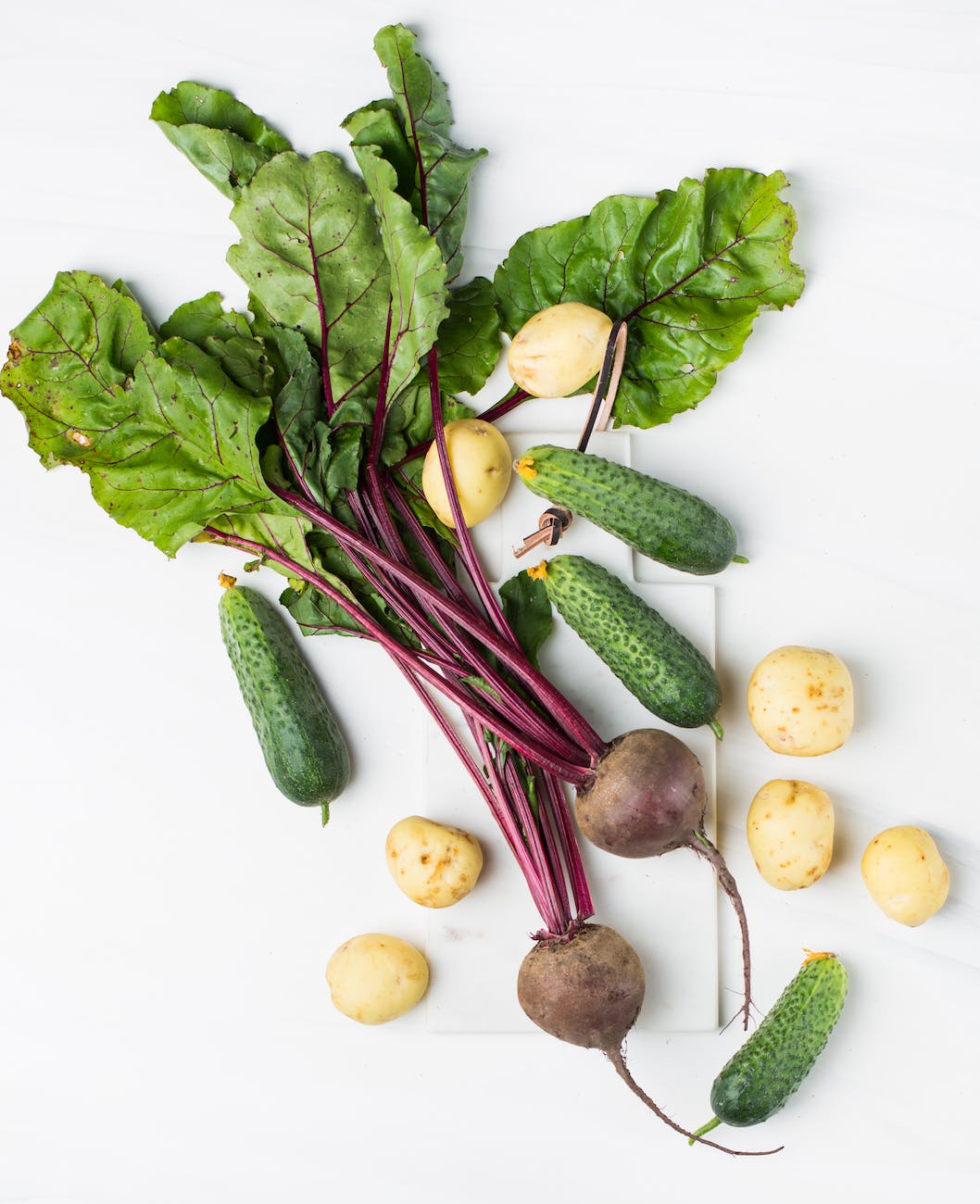
Plan your donation: Before you harvest your excess produce, plan what you will donate and how you will transport it. Make sure you use suitable containers to avoid damage and ensure the produce stays fresh.
Harvest and prepare your produce: When harvesting your produce, ensure that it is ripe and in good condition. Wash the produce thoroughly and remove any damaged or spoiled areas. Sort the produce by type and pack it carefully in the containers.
Deliver your donation: Arrange a suitable time and place to drop off your donation. Some organisations may offer collection services. If you are delivering the donation, make sure you label the containers and provide a list of the contents.
Consider ongoing donations: If you have excess produce throughout the growing season, consider setting up a regular donation schedule with a local organisation. This can help ensure a steady supply of fresh produce for those in need.
Donating excess produce from your allotment is an excellent way to give back to your community and reduce food waste. By working with local food banks and shelters, you can help provide nutritious food to those in need and support organizations that are making a real difference in your community. So, next time you find yourself with more produce than you can use, consider donating it and sharing the bounty with those who need it most.

